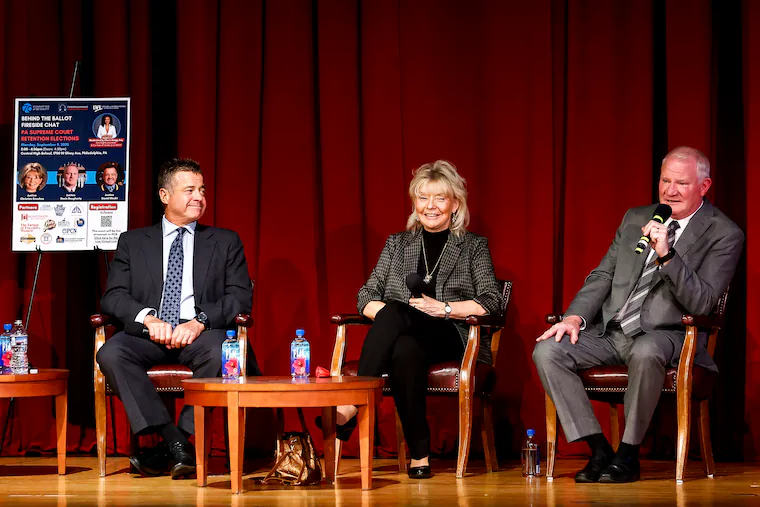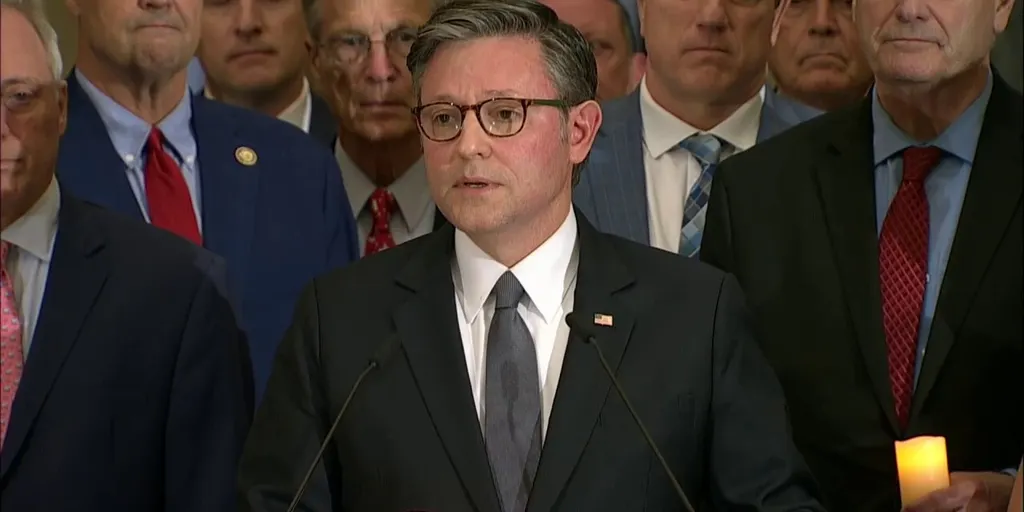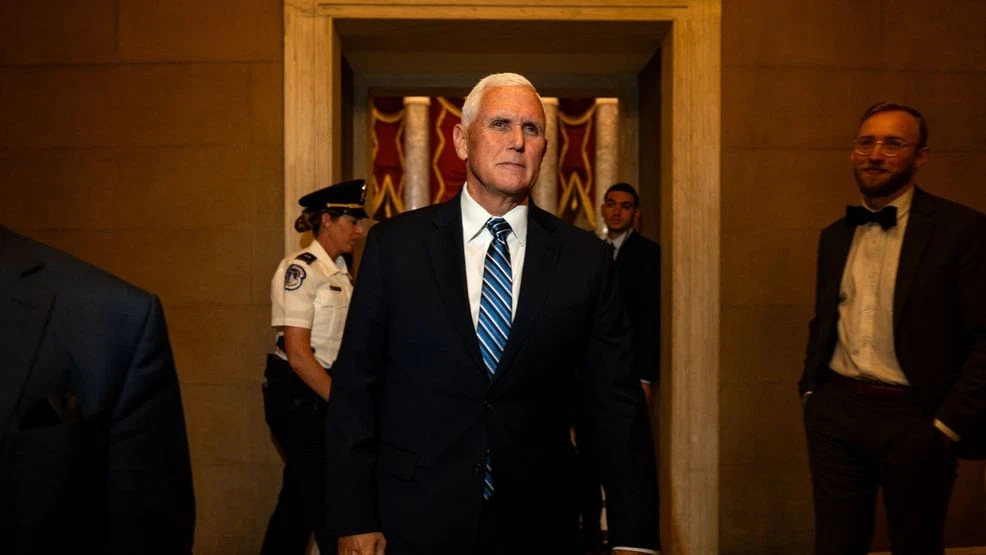
Among elected officials in Pennsylvania, justices on the state Supreme Court can typically ignore partisan politics and focus on being the impartial jurists the law demands. While each member of the court initially runs under the banner of a political party, that is the last time that affiliation will appear next to their name.
When they stand for retention every 10 years, they do so without a political designation, with the purpose of allowing these races to escape the growing partisan rancor. In 2013, for example, both Ron Castille and Max Baer — who had once run as a Republican and a Democrat, respectively — earned a yes from more than 70% of Montgomery County voters, despite a nearly even split in the partisan races.
This year, however, that tradition is under threat, thanks to a conservative donor-fueled effort to unseat three justices: Christine Donohue, David Wecht, and Kevin Dougherty.
» READ MORE: At a national moment that calls for compassion and calm, Trump uses Charlie Kirk’s death to stoke the fires of division | Editorial
In their decade on the court, the trio has been part of a series of major decisions that have advanced democracy and human rights in the commonwealth.
In 2016, Commonwealth v. Batts made it harder to sentence juveniles to life in prison without parole.
In 2017, the Pennsylvania Supreme Court ruled that a lawsuit challenging the constitutionality of education funding could proceed.
In 2018’s League of Women Voters of Pennsylvania v. Commonwealth of Pennsylvania, the justices struck down gerrymandering.
In 2020, the court allowed the creation of ballot drop boxes to make it easier to cast a vote amid the pandemic.
The court’s rulings have not been limited to Democratic-backed causes.
While counting the votes in 2024’s close U.S. Senate race between Bob Casey and Dave McCormick, the court ruled that undated mail ballots must be voided, effectively ending the Democrat’s hopes of being reelected. Wecht and Dougherty joined the court’s two Republicans in opposing the inclusion of undated ballots in the vote count. In Commonwealth v. Crawford, the three justices up for retention joined a unanimous decision to uphold state preemption laws that prevent cities and other local governments from enacting their own gun laws.
These decisions underline that while justices may have been elected in a partisan contest, they strive to be fair interpreters of the law regardless of their party’s preferences.
It is certainly true that judges sometimes have earned a no vote. This board has, at times, urged voters to reject extending a judge’s term, especially when they are reprimanded by higher courts or consistently make harsh or unjustifiable rulings. But none of the three justices running for retention has been accused of improper decision-making or brought scandal to the court. In fact, the Pennsylvania Bar Association recommends keeping them on the bench.
» READ MORE: Justice for victims demands release of the Epstein files | Editorial
Instead, the effort to remove the justices is led by some of Pennsylvania’s wealthiest citizens, who seemingly seek to stack the court in their favor.
Commonwealth Partners, an outfit heavily funded by Jeffrey Yass of the Susquehanna Investment Group, has already begun what is likely to be a deluge of negative advertising in the race.
Having already established themselves as major donors in high-profile political races, Yass and his associates now seek to oust the three justices for purely partisan purposes.
A push by the Trump administration to shield the president’s party from the traditional midterm election backlash that follows a White House win has already led to a redistricting effort in GOP-controlled Texas. California is seeking to follow suit in a partisan tit-for-tat.
Changing the makeup of Pennsylvania’s Supreme Court would likely lead to a future partisan gerrymander in the state and further erosion of representative democracy.



